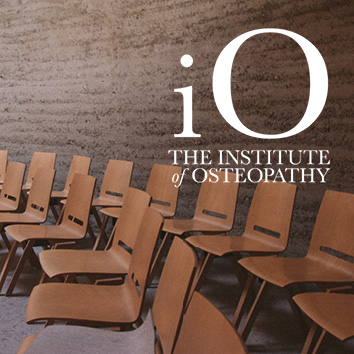 The Institute of Osteopathy is hosting a virtual event that will discuss the findings of an independent panel report on the role of osteopaths as Allied Health Professionals with the NHS and delivery of MSK services.
The Institute of Osteopathy is hosting a virtual event that will discuss the findings of an independent panel report on the role of osteopaths as Allied Health Professionals with the NHS and delivery of MSK services.
ADDRESSING THE WORKFORCE CHALLENGE IN MSK SERVICES TO IMPROVE PATIENT CARE
THE ROLE OF OSTEOPATHS AS AHPs IN DELIVERING MSK SERVICES
Thursday 22 October 2020, 16:00 – 17:30
Suzane Rastrick, Chief Allied Health Professions Officer NHS England will be speaking at the event, together with Professor Adrian Newland CBE, co-author of the report.…
Read more of this article


 The British Orthopaedic Association has published their latest patient statement for those people currently awaiting elective surgery, many of whom are experiencing uncertainties and difficulties. Growing waiting lists are affecting all planned surgery, but particularly orthopaedics (bone and joint treatment) which has the largest overall waiting list of any individual specialty.
The British Orthopaedic Association has published their latest patient statement for those people currently awaiting elective surgery, many of whom are experiencing uncertainties and difficulties. Growing waiting lists are affecting all planned surgery, but particularly orthopaedics (bone and joint treatment) which has the largest overall waiting list of any individual specialty.
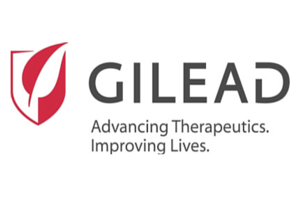

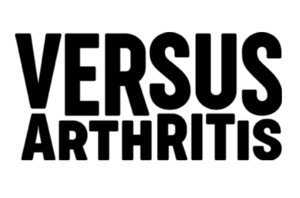

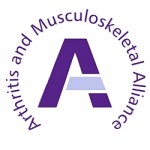




 Responding to the pandemic with co-design to create digital solutions.
Responding to the pandemic with co-design to create digital solutions.
 by Victoria Wells, a personal reflection about a new play with a theme of dancing for health – how a work of theatrical art relates to my experience of joint replacement surgery, pre-operative rehab, post-op rehabilitation and a lifetime of dancing.
by Victoria Wells, a personal reflection about a new play with a theme of dancing for health – how a work of theatrical art relates to my experience of joint replacement surgery, pre-operative rehab, post-op rehabilitation and a lifetime of dancing.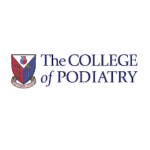
 by Anthony Maher. BSc Hons, MSc, FCPodS, Clinical Lead Consultant Podiatric Surgeon, Nottinghamshire Healthcare NHS Foundation Trust.
by Anthony Maher. BSc Hons, MSc, FCPodS, Clinical Lead Consultant Podiatric Surgeon, Nottinghamshire Healthcare NHS Foundation Trust.